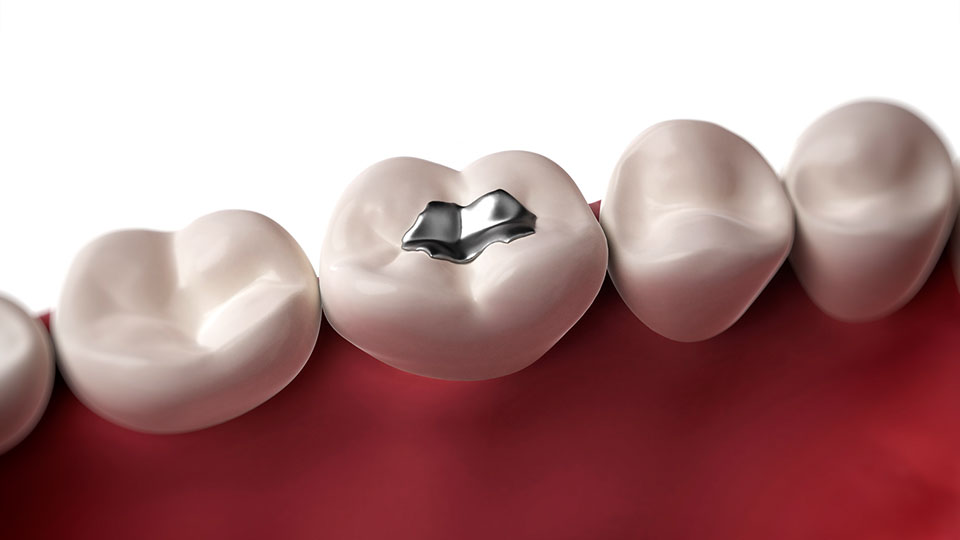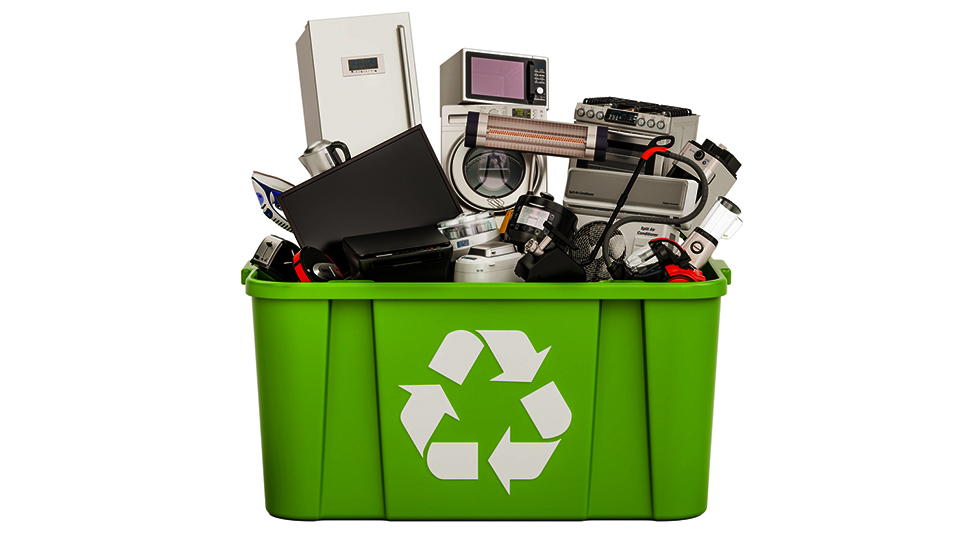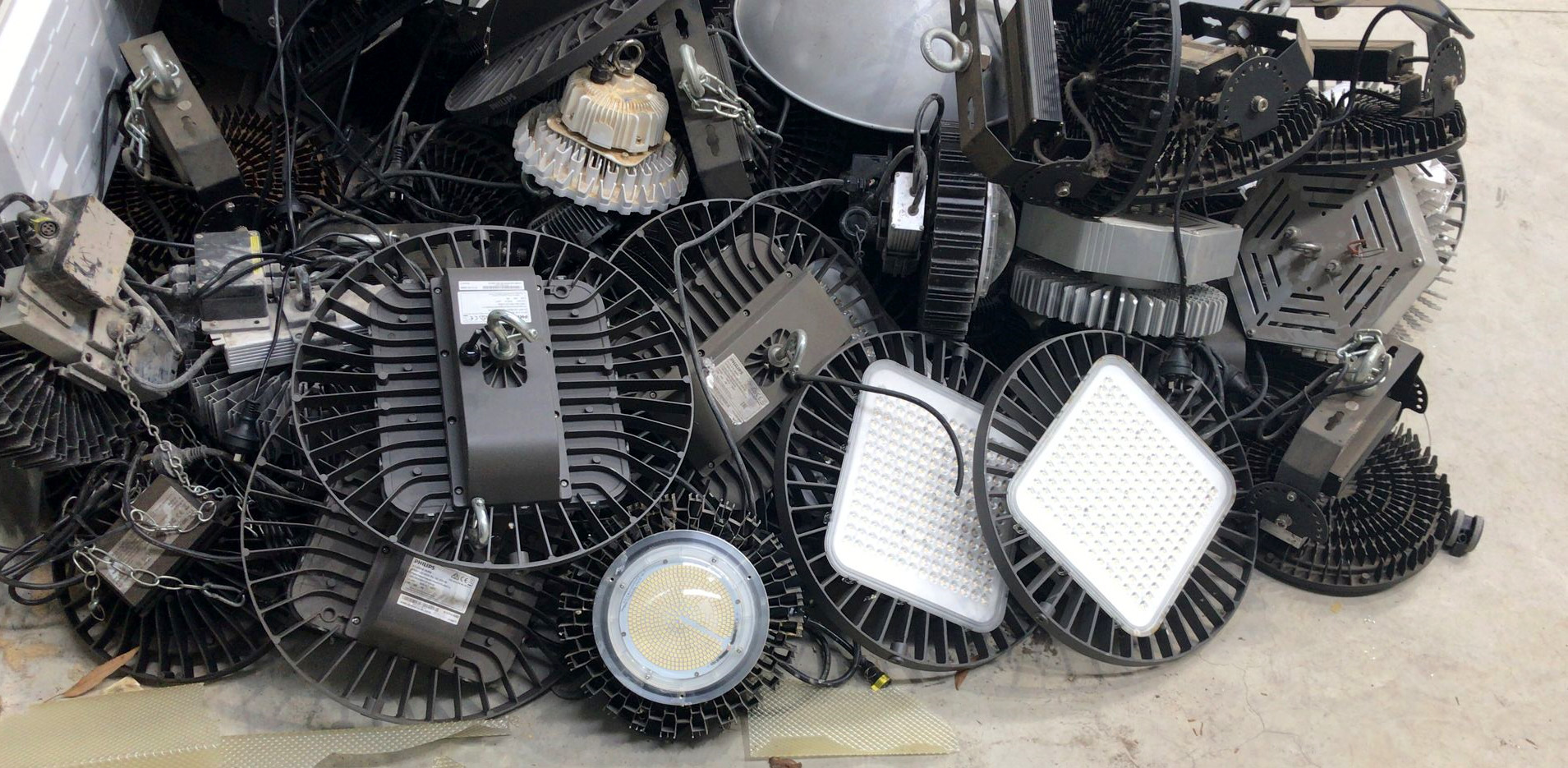While mercury in its metallic form is toxic, a bigger problem occurs when mercury spreads into the environment.
Once mercury is released into the environment, some types of bacteria convert the metal into methylmercury. This is a far more poisonous substance. It is readily absorbed by fish and other animals, and can build up to dangerous levels as it is concentrated up the food chain, all the way up to humans. Methylmercury is the cause of the devastating Minamata Disease.
Now recent research by a team at Oak Ridge National Laboratory in Tennessee has revealed that more types of bacteria are capable of making methylmercury than previously thought. To make matters worse, these bacteria are found in a wider range of environments around the world.
Of particular concern is the high level of these methylmercury-making bacteria in melting permafrost in the Arctic. Mercury tends to accumulate at cold latitudes, giving these bugs more metallic mercury to munch on. As more and more permafrost melts this is likely to boost methylmercury production in the future.
We Can Keep Mercury Away From These Bacteria
This is bad news for fish, seals and humans, and highlights why recycling mercury is more important than ever. With more types of bacteria in more places ready to turn out methylmercury, the proper disposal of mercury is critical if we want to minimise the harm that it causes.
To be fair to the bacteria, producing and excreting methylmercury is their way of getting rid of something that is poisonous to them. It’s just a pity that their solution creates such a big problem for other types of life. This new research highlights how important it is to keep mercury and these bacteria apart.
Recycle Your Mercury Today
So if you have any type of mercury waste disposal problem, talk to us.
As Australia’s most experienced mercury recycler we can design a solution for you. Give us a call on 1300 32 62 92 or fill out the enquiry form and one of our experts will be in touch.






